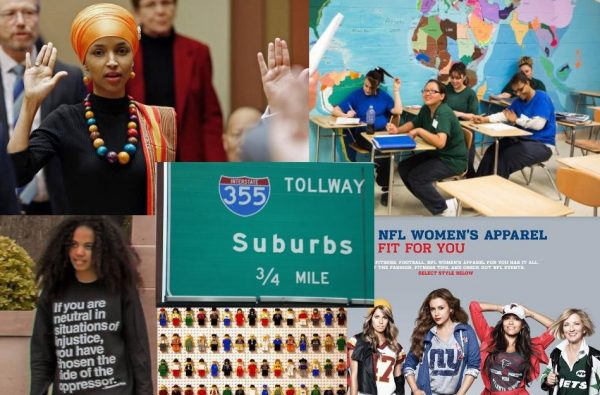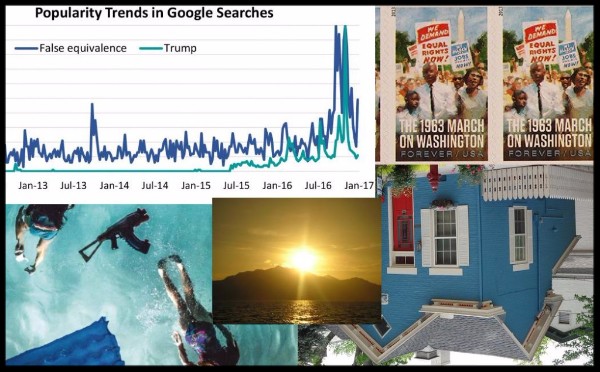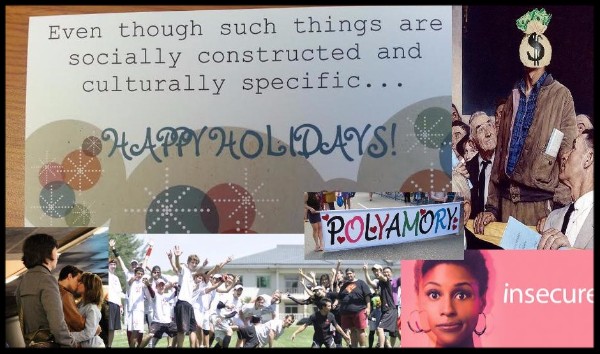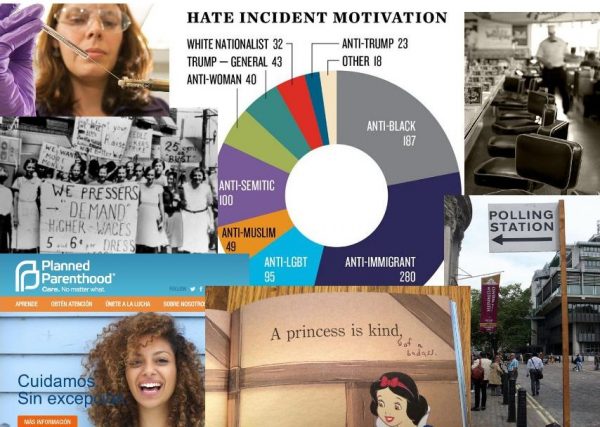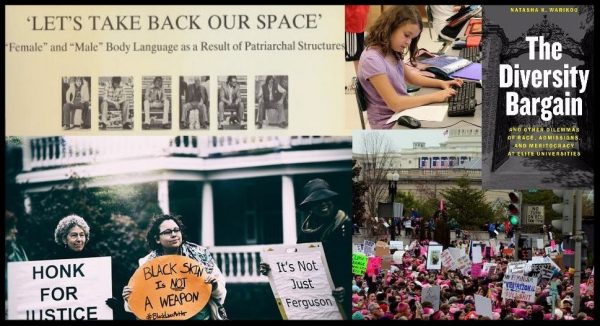
Hey everyone! Lots of great new stuff this week, including a new Office Hours podcast. So let’s get to it!
Office Hours:
“Natasha Warikoo on The Diversity Bargain,” with Neeraj Rajasekar. In this episode, we talk with Warikoo about her new book and the ways that elite students understand diversity and make sense of their social positions.
There’s Research on That!:
“White Working Class Voters,” by Erik Kojola. The election of Donald Trump left many wondering why large numbers of working class whites voted for a candidate who supports policies that are likely to have a negative impact on them. You guessed it — there’s research on that.
“Gendering Intelligence,” by Sarah Catherine Billups. A recent study found that young girls are more likely to attribute “brilliance” to men. Research on gender stereotypes and socialization helps explain why.
Discoveries:
“Violence Against Police Triggers Race-Specific Reactions,” by Caity Curry. New research in American Journal of Sociology explores how local acts of violence against police influences discriminatory use of force by police after the fact.
Clippings:
“Overeducated, Underemployed,” by Chelsea Carlson. Tressie McMillan Cottom talks to The Washington Post about why many African Americans are overeducated, yet underemployed.
“Sociological Strategies For a Successful Protest,” by Neeraj Rajasekar. Vox draws on numerous sociological studies to suggest the best strategies for effecting change.
From Our Partners:
Scholars Strategy Network:
And a Few from the Community Pages:
- Families As They Really Are explains how housing support programs influence families.
- Sociological Images talks manspreading and the demographics of the women’s march.
- Engaging Sports reflects on Rio 2016’s legacy and calls for an end to “podium girls.”

